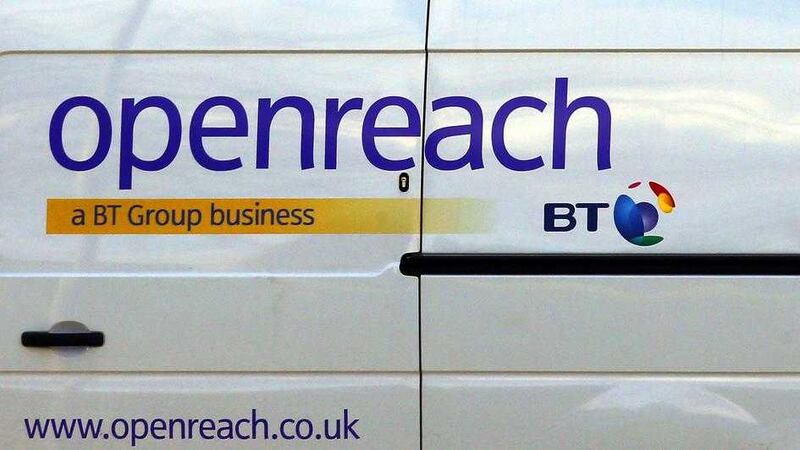THE much anticipated Ofcom consultation into the relationship between BT and Openreach, the national broadband infrastructure provider, has stopped just short of recommending a physical separation but the telecoms regulator wants to distance Openreach from BT control by recommending Openreach should be run as a separate company from BT.
This will provide even more clarity that the network supplier and maintainer, Openreach, operates and delivers service to all communications providers, including BT Retail, on an equal and equivalent basis.
The main problem is that Openreach has been finding it increasingly difficult to cope with demand and as a result more and more customers, especially business customers, are finding their business reputation is suffering as a result.
Whether it’s waiting years for an Ethernet connection, or failing to deliver superfast broadband to small businesses, BT has been charged with chronic underinvestment in the Openreach programme and the results are now hampering business growth, hence the consultation.
Part of BT Group, Openreach comprises the UK's main broadband network whose lines are used by BT rivals like Sky and TalkTalk and Ofcom has expressed concerns that BT's ownership of the network can lead to competition problems.
The regulator has also recommended letting Openreach take its own decisions on budgets, investment and strategy totally independently of Retail.
The recommendations regarding Openreach form just part of Ofcom's proposals resulting from its 10-year review, with the plans open to public consultation until early October. The regulator plans to build on the review later this year by setting out stricter minimum requirements on Openreach to repair problems and install new lines more quickly.
Performance tables will also chart communication providers' quality of service on a number of metrics from next year, and interactive maps will show broadband coverage for individual addresses.
There’s another issue in relation to current broadband provision which our own economy minister Simon Hamilton has flagged up recently and that’s advertising rules.
Current rules allow broadband providers to promote "up to" download speeds in their advertising if they can demonstrate that just 10 percent of their customers can achieve those higher speeds.
The minister has said this "is incredibly confusing for consumers and that service providers must more accurately reflect the service that will be received".
Today from a business perspective broadband is effectively a ‘utility’ just like electricity and water, essential for the smooth and efficient running of organisations.
It needs to be invested in and developed if it’s to provide businesses with the competitive advantage they need so hopefully this is the kick-start to help making it fit for purpose for the years to come.
:: Eric Carson is director of Rainbow Communications and can be contacted via www. rainbowcomms.com. Rainbow Communications can also be followed on Twitter - @Rainbow_ Comms







